Best Practices for Reference Checks: Ensuring the Right Fit for Your Team
- AESC

- Apr 16, 2025
- 3 min read

In the competitive landscape of talent acquisition, reference checks are often the unsung heroes of the hiring process. While resumes and interviews provide valuable insights into a candidate's qualifications, reference checks can reveal the nuances of a candidate's work ethic, interpersonal skills, and overall fit within your organization. To help you navigate this critical step, we’ve compiled some best practices for conducting effective reference checks that will not only save you time but also enhance your hiring decisions.
1. Prepare Thoughtful Questions
Before reaching out to references, take the time to craft a list of targeted questions. These should go beyond the standard inquiries about job performance and delve into the candidate's strengths, weaknesses, and work style. Consider asking about specific situations where the candidate demonstrated leadership, teamwork, or problem-solving skills. This approach will yield richer insights and help you gauge how the candidate might perform in your unique work environment.
2. Choose the Right References
Encourage candidates to provide references who can speak to their relevant experiences and skills. Ideally, these should be former supervisors or colleagues who have worked closely with the candidate. Avoid personal references, as they may not provide the objective insights you need. Additionally, consider reaching out to references who represent diverse perspectives, such as peers, subordinates, or clients, to get a well-rounded view of the candidate.
3. Conduct Reference Checks Early
Timing is crucial when it comes to reference checks. Conduct them early in the hiring process, ideally after the initial interviews but before making a final decision. This allows you to address any concerns that may arise and gives you a clearer picture of the candidate's fit for the role. Waiting until the end of the process can lead to rushed checks and missed opportunities to clarify any red flags.
4. Create a Comfortable Environment
When speaking with references, create a relaxed atmosphere that encourages open and honest communication. Start by explaining the purpose of the call and assuring them that their feedback will be kept confidential. This can help references feel more comfortable sharing candid insights about the candidate. Remember, the goal is to gather information that will help you make an informed decision, not to put the reference on the spot.
5. Listen Actively
During the reference check, practice active listening. Pay attention to not just what is being said, but how it is being said. Tone, hesitation, and enthusiasm can all provide valuable context to the information shared. If a reference seems hesitant or provides vague answers, don’t hesitate to ask follow-up questions to dig deeper. This can uncover important details that may influence your hiring decision.
6. Document Everything
After each reference check, take detailed notes on the conversation. This documentation will be invaluable when comparing candidates and making your final decision. It also serves as a record of your due diligence in the hiring process, which can be beneficial for future reference or in case of any disputes.

Conclusion
Incorporating these best practices into your reference check process can significantly enhance your hiring strategy, ensuring that you select candidates who not only possess the right skills but also align with your company culture. At QuickStart Solutions by Allied Executive Search Consultants, we understand the importance of thorough reference checks in building strong teams. By following these guidelines, you can make informed hiring decisions that contribute to the long-term success of your organization. Remember, the right hire can transform your team, so take the time to get it right!





Comments